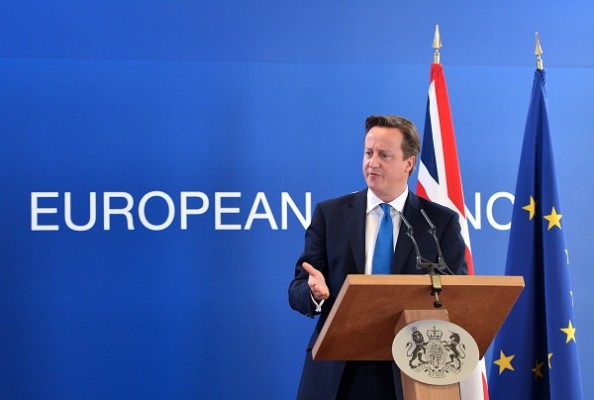The news that Labour will abstain on the EU referendum bill is proof that they know that voting against it would be politically harmful. It also means that it’ll be easier for them to swing behind a referendum before the next election.
I suspect that between now and the next election, the referendum pledge will be a political asset for David Cameron — it’ll put Labour and the Lib Dems on the spot and keep a lid on Tory tensions on the matter. But after that it will become a lot more problematic, as I say in the magazine this week.
After Cameron’s Bloomberg speech, I asked one minister what he made of it and he replied, with a chuckle, ‘well, it means David is planning to stand down before 2017.’ His point was that if there is a renegotiation, whoever is Tory leader will face an almost impossible decision at the end of it — do they back in or out. Whichever way they go, they’ll alienate themselves from a section of the party for good.
Cameron’s instincts, and his statements, suggest that he would like to lead the in campaign. Indeed, if he’s leading the out campaign it will be because the renegotiation has failed in his book. But it is hard to conceive of his party, which is becoming more Eurosceptic by the day, welcoming its leader backing in. One loyalist fears that if Cameron announced in 2017 that he wanted Britain to stay in, enough letters would be sent to the Chairman of the ‘22 to trigger a no confidence vote.
Alex Massie thinks there is no way out of this situation for Cameron and it is hard to see one, especially as if Angela Merkel is re-elected — as looks likely — she’ll ensure that Cameron gets something. But as one minister quips, ‘David has made a pretty successful career out of betting that something will turn up.’







Comments